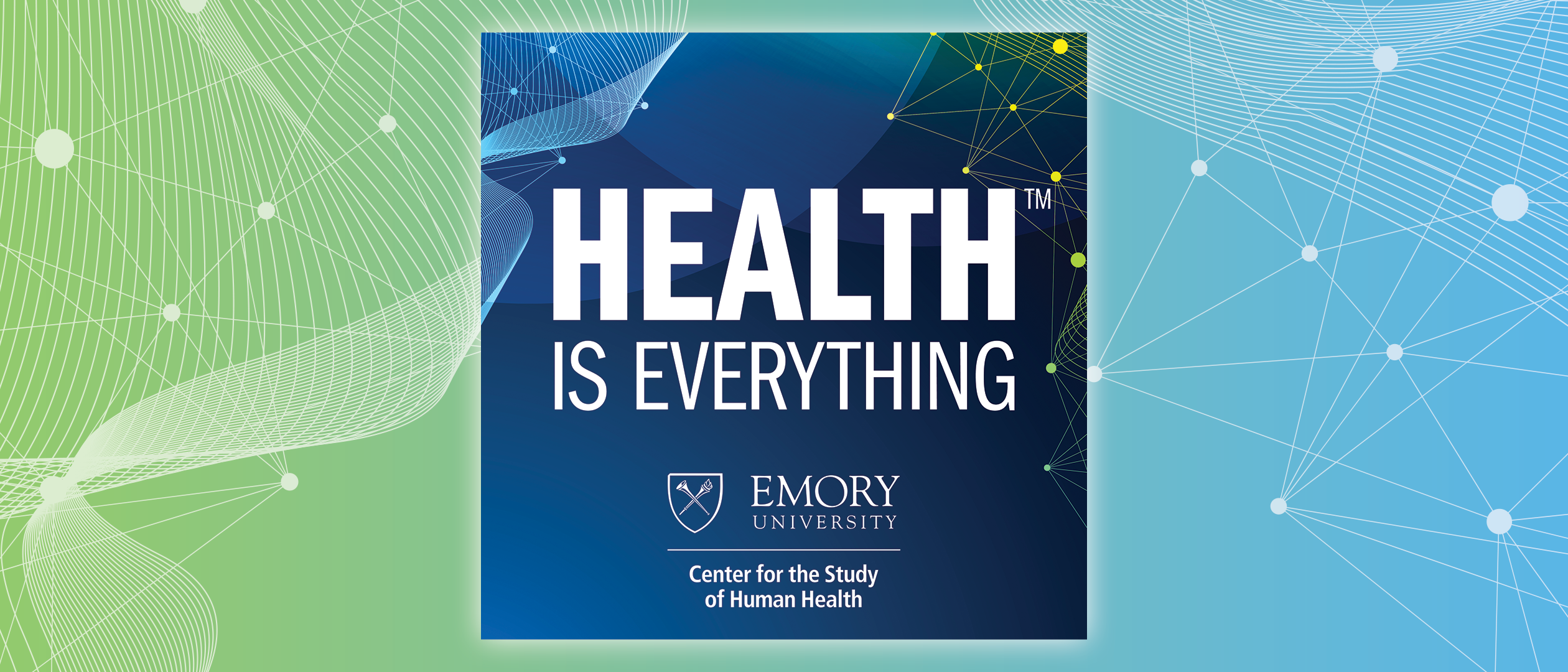Can psychedelics bridge the gap between mental health, spirituality, and modern medicine? Former Google product manager turned medical researcher Fayzan Rab joins Dr. Charles Raison to explore groundbreaking research on psychedelic therapy, its economic impact, and its unexpected intersections with faith and identity.
Most of us who lived through the back half of the 20th Century forgot about infections. We had vaccines for the terrible diseases of childhood and antibiotics for the scary diseases of adulthood. When we caught an infection, it was usually a cold. Certainly, AIDS sent shock waves of grief through many communities, but then antiretroviral medications converted it from a death sentence to a chronic condition. In general, we feared the things that killed most of us: heart disease, cancer and dementia.
But how times change. The COVID pandemic has taught us that our human world is inextricably linked to the world of pathogens. Indeed, just as our civilization requires that we interact successfully with each other, so does it demand that we find intelligent ways forward in our relationship with the microbial world.
Few scientists are better positioned to discuss ways to optimize our relationships with the microbial world than Christopher A. Lowry, PhD, Associate Professor of Integrative Physiology at the University of Colorado Boulder. Dr. Lowry is famous for his work investigating how bacterial species we co-evolved with effect the brain in ways that promote an antidepressant effect. Building on this work, he has published widely on ways to optimize health and well-being by re-establishing more ancient and appropriate connections with the bacterial worlds within and without us.
Join us as Dr. Lowry brings this expertise into a practical discussion of how our relationships with the microbial world can be harnessed to promote well-being.
